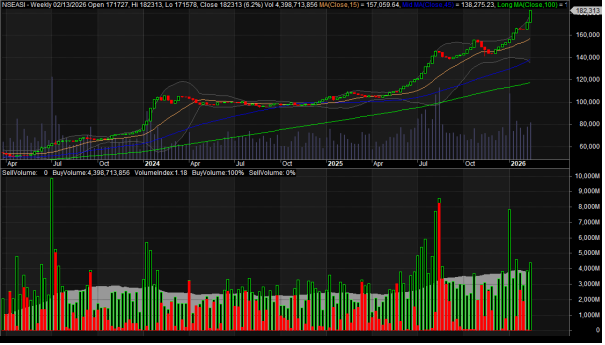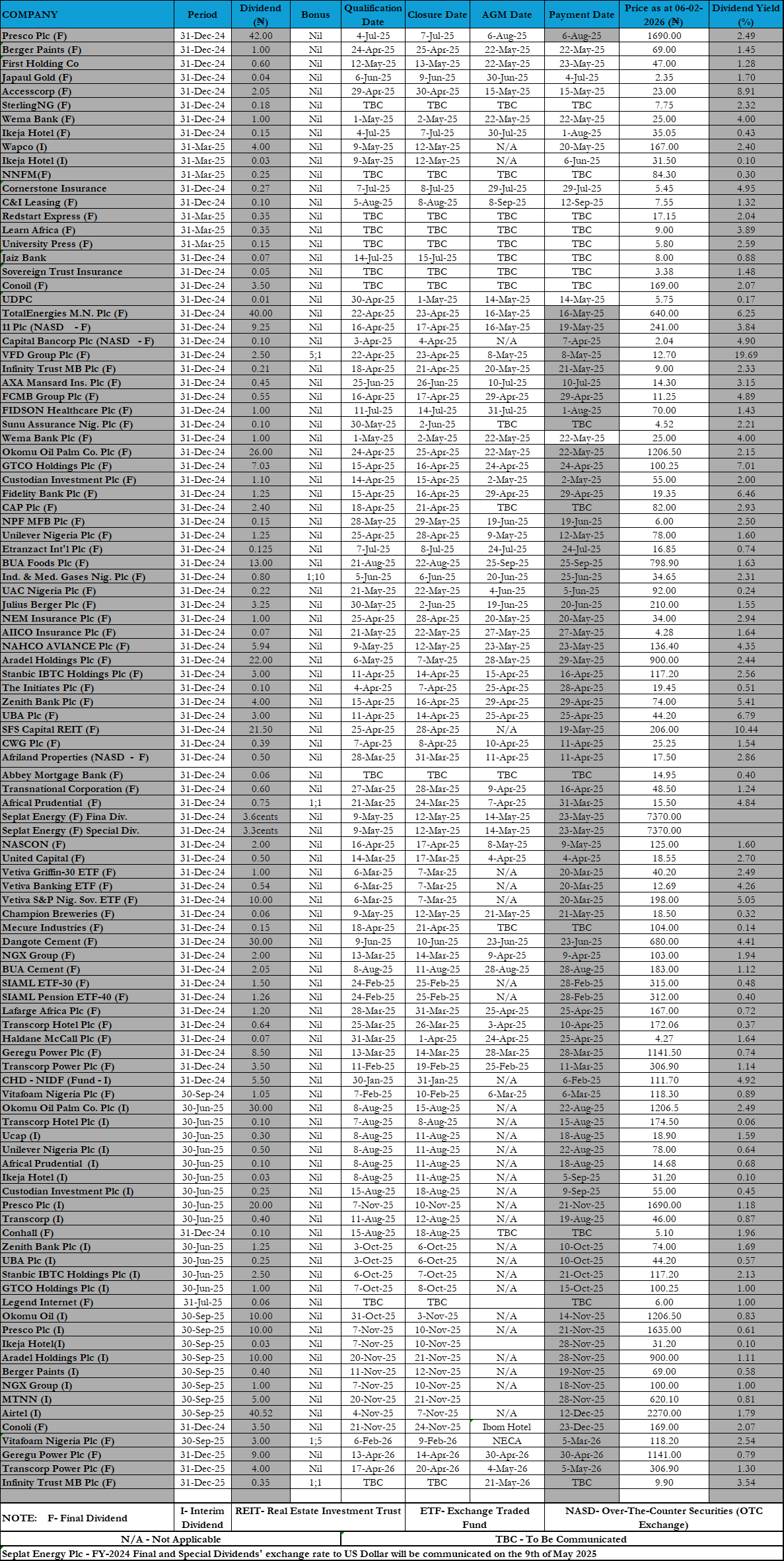
By Victor Ogiemwonyi
Someone should clap for Professor Chukwuma Soludo and Mr. Babatunde Fashola, governor of Anambra State and former Lagos State respectively for the clarity they have been able to bring into the ongoing negotiations between the representatives of the Federal Government and labour movements.
The duo have done a wonderful job communicating what crucial issues should be put on the negotiation table. While Governor Soludo made the good point that any reckless adoption of minimum wage for the country might bring on unintended consequences that will send the economy on a further tailspin.
Ex-Governor Fashola, Minister of Power and Housing in the just concluded Muhammadu Buhari administration, on his part has even done a better job of separating Wage “Earners”[ from “Salary Earners.”
This distinction is important to break through the log jam, and can deliver what everybody wants. Labour can deliver reasonable wage increase to its members who need it the most, without putting pressure on the economy that will hurt everyone.
My take is that Wage Earners should be classified as those on Grade Levels 1- 7 in government service, while their counterparts on Levels 8-12 and 13-17 all form a class of Government Salary Earners.
Wage Earners are paid hourly, and roughly average 40 hours a week. Hours can then be adjusted to fit what government can pay, just as government may even consider reducing hours of work for its employees.
France and some European countries already have a 35-hour working week and recent advancements in work from home has shown this is possible.
I am aware that some of our States have even experimented this, and many were successful. Hours can therefore be adjusted to improve productivity overall.
There should be a minimum wage of N100,000 for Wage Earners and consequential adjustments for the group should be pegged at 50%, while the Salary Earners’ group levels 8-12 will have 20% adjustment to accommodate the average inflation. Those in the Grade Levels 13-17 category will make do with a 15% adjustment.
Consequential adjustment for all salary Grade Level groups should then be pegged at 25%.
These adjustment will be paid for by deducting an upfront 25% reduction in total available in the FGN Consolidated Account to be reflected in budget cuts to all Ministries, Departments and Agencies of the FGN and the National Assembly.
All those affected will be given the responsibility to find the waste, and the savings from their budgets. This should be the source of funding for the increases in salary.
The Federal Government’s envisaged supplemental budget should, therefore, have all of these elements in it, besides agreeing to a provision for a five-yearly adjustment which should be enacted into law through the National Assembly.
In the case of the private sector, the minimum wage should be defined to affect only those who are hourly Wage Earners, given that the sector knows how best to manage those in its higher cadre of salary earners. I say so, because the employers of labour have to compete for talent in the market place.
This can easily be accommodated by the Private Sector because it will be a productivity accelerator, because only the number of workers necessary will be engaged and paid to deliver the corresponding productivity. The private sector employers are capable of ensuing that only those who can give value to a 40-hour working week will have jobs.
This will also happen in the public sector as efficiency trickles downwards into the public sector as everyone adjusts to their new budget limit.
Ogiemwonyi is a retired Investment Banker, and writes from Ikoyi, Lagos.














